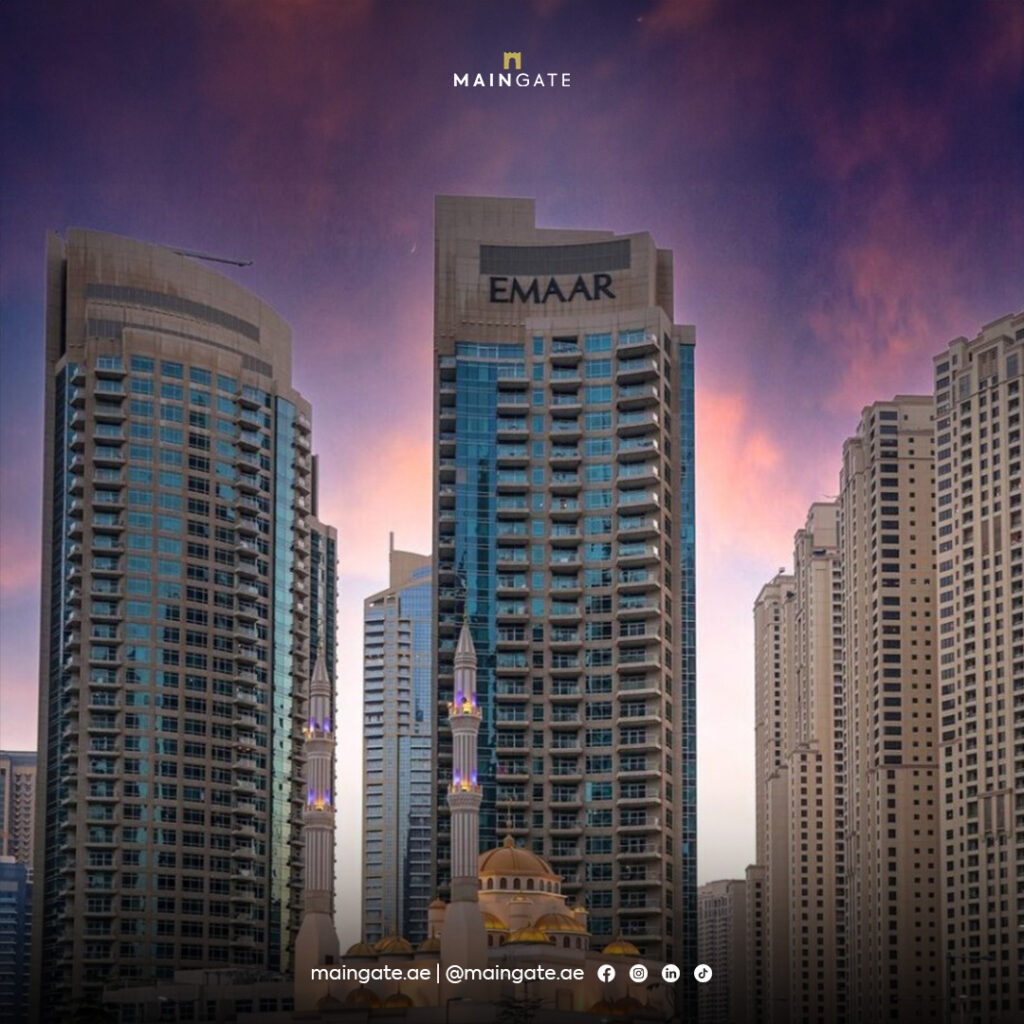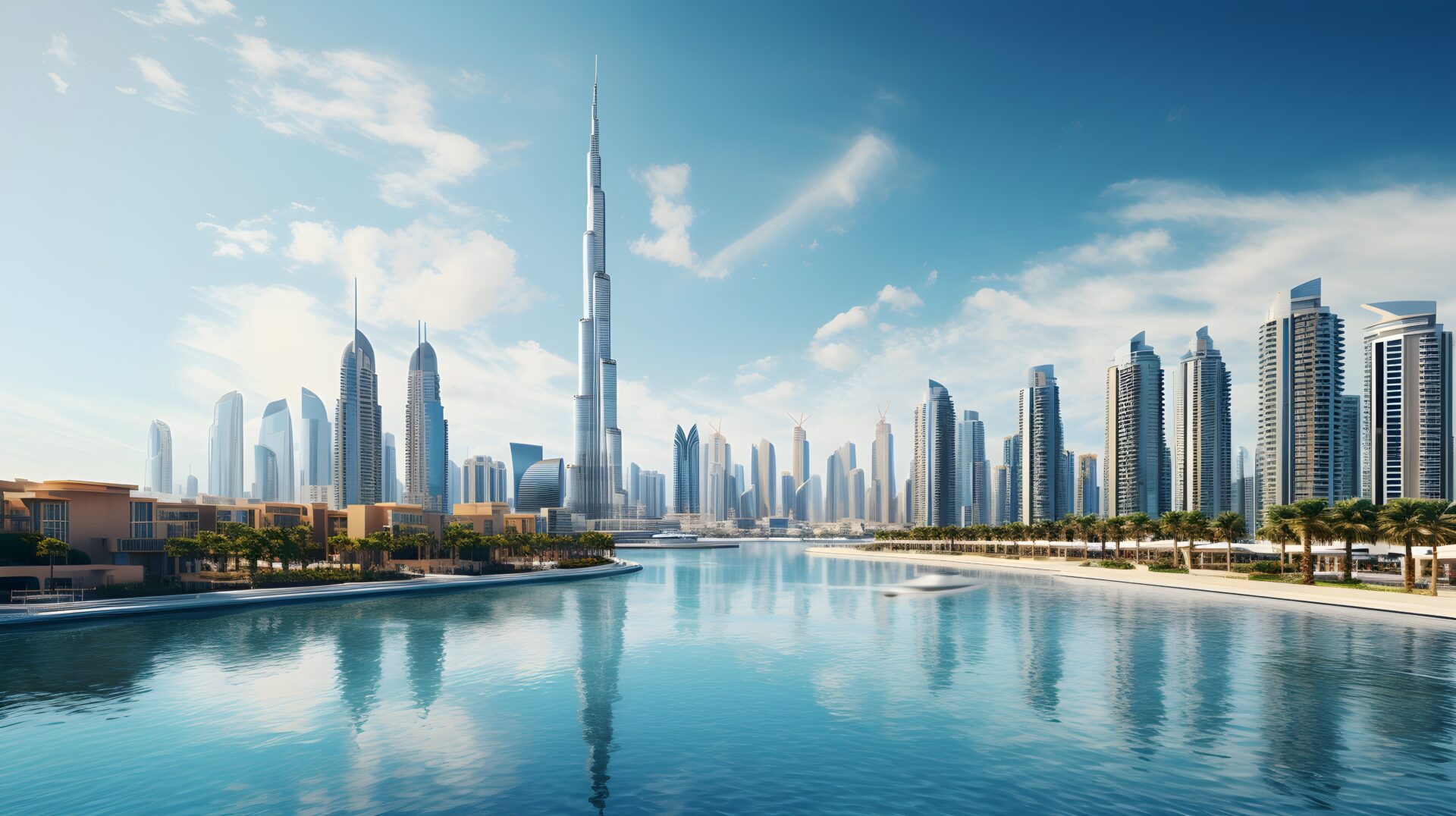In this comprehensive overview, we present a curated list of the top 10 real estate developers in Dubai, highlighting their notable projects. When delving into real estate investments in Dubai, the choice of builder or developer holds paramount importance. The reputation and track record of leading real estate entities greatly influence the success of your investment endeavors.
In the realm of real estate, several terms often overlap or may be used interchangeably, but they refer to different entities and roles within the industry. Here’s a breakdown of the key differences between developers, builders, contractors, and investors:
- Developers:
- Developers are individuals or companies responsible for conceptualizing, financing, and overseeing real estate projects from inception to completion.
- They acquire land, obtain necessary permits and approvals, design the project, secure funding, and manage construction.
- Developers often collaborate with architects, engineers, contractors, and other professionals to bring their vision to fruition.
- Their primary goal is to create value by developing properties for sale or lease, aiming to generate profits from the project’s success.
- Builders:
- Builders, also known as construction companies or contractors, are responsible for the physical construction of buildings and infrastructure according to the developer’s specifications.
- They execute the construction process, including site preparation, laying foundations, erecting structures, and installing utilities and finishes.
- Builders may work directly for developers as part of an integrated team or independently, contracting their services to multiple developers or clients.
- Their focus is on executing the construction phase efficiently, adhering to quality standards, and completing projects within budget and schedule constraints.
- Contractors:
- Contractors are entities hired by developers or builders to perform specific tasks or provide specialized services within a construction project.
- They may specialize in various aspects of construction, such as plumbing, electrical work, HVAC installation, or landscaping.
- Contractors typically operate under a contractual agreement with the developer or builder, outlining the scope of work, timelines, and payment terms.
- Their role is to deliver their designated scope of work skillfully and in compliance with applicable regulations and standards.
- Investors:
- Investors are individuals, institutions, or companies that provide financial resources to real estate projects in exchange for ownership stakes or returns on investment.
- They may include private investors, real estate investment trusts (REITs), venture capital firms, or pension funds.
- Investors contribute capital to fund land acquisition, development costs, and construction expenses, expecting to earn profits through rental income, property appreciation, or resale.
- Their involvement in a project is primarily financial, although some investors may also participate in strategic decision-making or project oversight.

- Emaar Properties: Established in 1977, Emaar Properties is synonymous with luxury real estate in Dubai. It boasts iconic projects such as the Burj Khalifa and the Dubai Mall. Notable Projects: Burj Khalifa, Dubai Mall, Dubai Creek Harbour, EMAAR Beachfront, Dubai Opera House
- Nakheel: With over two decades of experience, Nakheel Properties stands out for its projects like Palm Jumeirah and Nakheel Mall. Notable Projects: Palm Jumeirah, Jumeirah Park Homes, Al Furjan, Dragon Towers, Jenan Heights
- Meraas: Founded in 2007, Meraas is renowned for developments like City Walk and Bluewaters Residences. Notable Projects: City Walk, Bluewaters Residences, Port De La Mer, BVLGARI, Nikki Beach Residences
- Dubai Properties: A part of Dubai Holding Group, Dubai Properties has contributed significantly to the Emirates’ infrastructure with projects like Jumeirah Beach Residence and Business Bay. Notable Projects: Jumeirah Beach Residence, Business Bay, Remraam, Dubai Wharf, Bellevue Tower
- Sobha Realty: A multinational developer known for quality projects like Sobha Hartland and Creek Vistas Grande. Notable Projects: Sobha Hartland, Creek Vistas Grande, Forest Villas, One Park Avenue, Gardenia Villas
- Meydan Group: Renowned for the Mohammed Bin Rashid City project, offering luxurious villas and commercial spaces. Notable Projects: Meydan Racecourse, Emirates Airline Housing
- Deyaar: Established in 2002, Deyaar Properties boasts a vast portfolio across premier regions of Dubai. Notable Projects: Mayfair Tower, Central Park, Midtown, Al Seef Tower, The Citadel
- Omniyat: Founded in 2005, Omniyat focuses on off-plan property development and has delivered notable projects like The Opus and Langham Place Residences. Notable Projects: The Opus, Langham Place Residences, The Sterling, One Palm, The Binary
- DAMAC Properties: Known for high-profile developments like DAMAC Hills and AYKON City. Notable Projects: DAMAC Hills, AYKON City, Ocean Heights, Park Towers
- MAG Property Development: Offers luxurious and affordable properties with projects like MAGEYE and MAG318. Notable Projects: MAGEYE, MAG318, MBL Residence, MAG 5 Boulevard, MAG 230
Each of these developers contributes uniquely to Dubai’s dynamic real estate landscape, offering diverse opportunities for investment and growth.
Performance and Reputation of real estate developers in Dubai

- Quality of Construction: The quality of construction and materials used in projects directly impacts the perceived value of the properties. Developers maintaining high construction standards tend to earn a better reputation and attract more buyers.
- Innovation and Design: Innovative architectural designs and incorporation of modern amenities distinguish developers in a competitive market. Unique and aesthetically pleasing designs can enhance the appeal of a project and drive sales.
- Timely Delivery: Meeting project deadlines is crucial for developer to maintain credibility and trust among investors and buyers. Delays in project completion can lead to financial losses and damage the developer’s reputation.
- Transparency and Communication: Clear and transparent communication with stakeholders, including investors, buyers, and regulatory authorities, is essential. Developers who provide regular updates on project progress and address concerns promptly foster trust and confidence.
- Financial Stability: Financial stability and strong backing enable developers to undertake ambitious projects and navigate market fluctuations effectively. Investors often prefer to partner with financially secure developers to mitigate risks associated with project delays or cancellations.
- Compliance with Regulations: Adherence to local regulations and building codes is imperative for developer to avoid legal issues and ensure the safety and integrity of their projects. Compliance demonstrates professionalism and commitment to ethical business practices.
- Customer Satisfaction: Developers who prioritize customer satisfaction by offering excellent post-sale services, addressing maintenance issues promptly, and fostering a sense of community within their projects tend to build a loyal customer base and receive positive reviews.
- Market Trends and Demand: Developers need to stay abreast of market trends and evolving consumer preferences to align their projects with current demand. Understanding market dynamics enables developers to make informed decisions regarding project concepts, sizes, and locations.
- Sustainability and Green Practices: Increasing emphasis on sustainability and eco-friendly construction practices influences consumer choices. Developers incorporating energy-efficient technologies, green spaces, and sustainable materials into their projects can attract environmentally conscious buyers and investors.
- Reputation and Track Record: A developer’s reputation and track record play a significant role in attracting investors and buyers. Successful completion of previous projects, awards and accolades, and positive word-of-mouth recommendations contribute to a developer’s credibility and market standing.
These factors collectively shape the success and competitiveness of real estate developers in Dubai’s dynamic market, influencing their ability to attract investments and deliver desirable projects.

